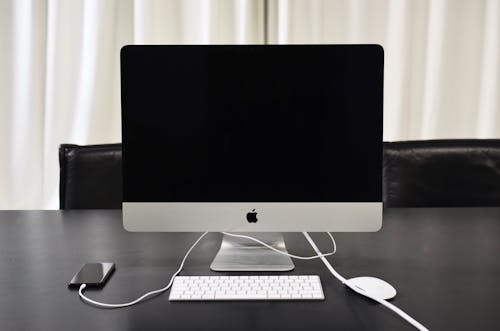A phone not charging can be attributed to various factors, requiring a systematic approach to identify and address the issue:
Faulty Charging Cable or Adapter: The most common reason is a damaged or faulty charging cable or adapter. Inspect the cable for frayed wires, bent connectors, or other visible damage. If possible, try using an alternative cable and adapter.
Dirty Charging Port: Accumulated dust, lint, or debris in the charging port can hinder the connection. Carefully clean the port using a small, non-conductive tool like a toothpick or compressed air. Avoid using metal objects that may cause damage.
Software Glitches: Occasionally, software glitches can disrupt the charging process. Restart your phone or perform a soft reset to refresh the system. If the problem persists, consider checking for software updates or performing a factory reset.
Battery Issues: A degraded or faulty battery may not charge properly. Check your phone's battery health in the settings or use diagnostic apps. If the battery is damaged, consider replacing it.
Incompatible Charger: Using a charger that is not compatible with your phone's specifications can lead to charging issues. Ensure you are using the original charger or a certified third-party charger that meets your device's requirements.
Power Outlet or Source Issues: Test different power outlets or USB ports to rule out issues with the power source. Sometimes, a faulty outlet or power strip can be the culprit.
Overheating: Phones may stop charging if they become too hot. Allow the device to cool down before attempting to charge it again.

By addressing these common issues systematically, you can troubleshoot and often resolve charging problems with your phone.
Read also: Why is my phone not connecting to the computer via USB